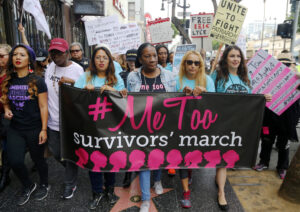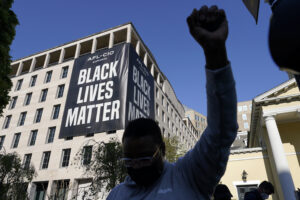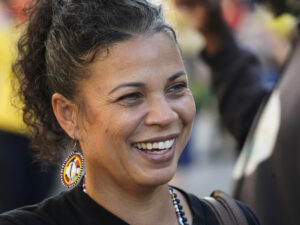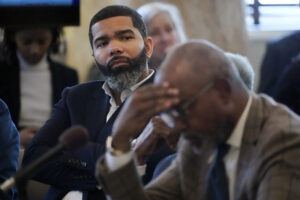VIDEO: ‘Days of Revolt’: Chris Hedges, Student Activists on the Decline of the Liberal Church
"If you look at how [Union Theological Seminary] treats its professors of color, its students of color, its neighbors of color, it doesn’t add up.”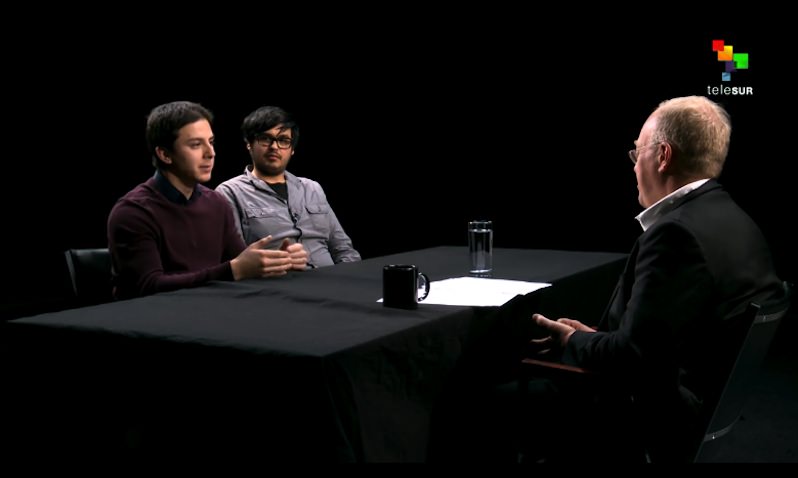
American theologian Reinhold Niebuhr said that no institution could ever achieve the morality of the individual. Institutions, to extend their lives when confronted with collapse, will swiftly betray the stances that ostensibly define them, Niebuhr said. Only individual men and women have the strength to hold fast to virtue when faced with the threat of death. And decaying institutions, including the church, when consumed by fear, swiftly push those endowed with this moral courage and radicalism from their ranks, rendering themselves obsolete.
In this week’s episode of teleSUR’s “Days of Revolt,” Chris Hedges and two student activists from Union Theological Seminary—Michael Vanacore and Edward Escalon—explore the false progressivism of the liberal church, and the long physical and moral decline of the church and mainline seminaries in particular.
READ: The Suicide of the Liberal Church
Hedges begins by asking for a rundown of what has been taking place within the halls of Union, the oldest independent seminary in the United States.
“I think one of the things that we see at Union is really a failure of moral leadership,” Vanacore says. “I think one of the things that happens in these institutions, like Niebuhr was saying, when you see [the seminary] losing membership, losing numbers, there’s an instinct to go towards self-preservation. And I think that’s what happened when Union Theological Seminary decided to build a luxury condominium.”
The seminary, on the edge of western Harlem, recently announced that it was jumping into the New York real estate game by selling its “air rights” and bringing in a developer to build a luxury condominium tower on its campus.
Hedges raises two issues, including how a progressive seminary with a reputation for social justice has agreed to partner with a construction firm that has been charged through its subcontractors with wage theft and labor violations. Secondly, he asks how this coming gentrification will affect poor people in the Morningside Heights neighborhood of New York City.
“Union has been an institution that has identified itself as being very supportive of the Black Lives Matter movement,” Escalon says. “And what Union has said is that it stands as a prophetic voice in this country, and it’s telling the country and leaders of faith, people of faith, ‘You need to come out and support this movement. You need to support justice-making in the world.’ And then, when you turn internally, you see a situation where Union doesn’t think black lives matter in our neighborhood or even within our institution. If you look at how the institution treats its professors of color, its students of color, its neighbors of color, it doesn’t add up.”
Watch the discussion below (via teleSUR):
—Posted by Jenna Berbeo
Your support matters…Independent journalism is under threat and overshadowed by heavily funded mainstream media.
You can help level the playing field. Become a member.
Your tax-deductible contribution keeps us digging beneath the headlines to give you thought-provoking, investigative reporting and analysis that unearths what's really happening- without compromise.
Give today to support our courageous, independent journalists.

